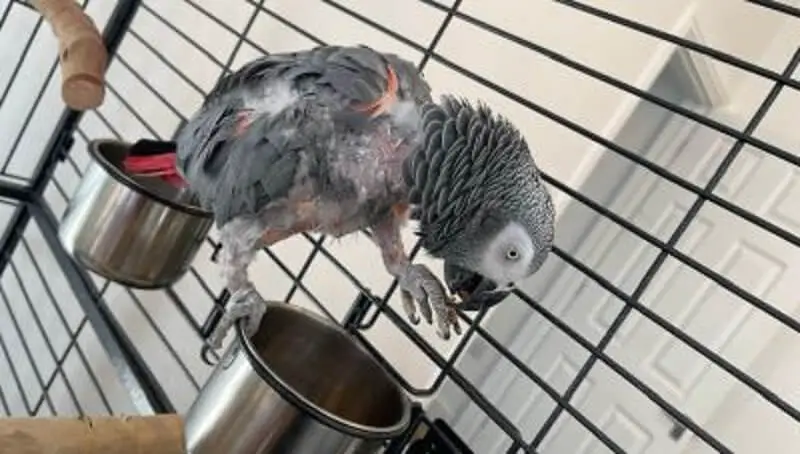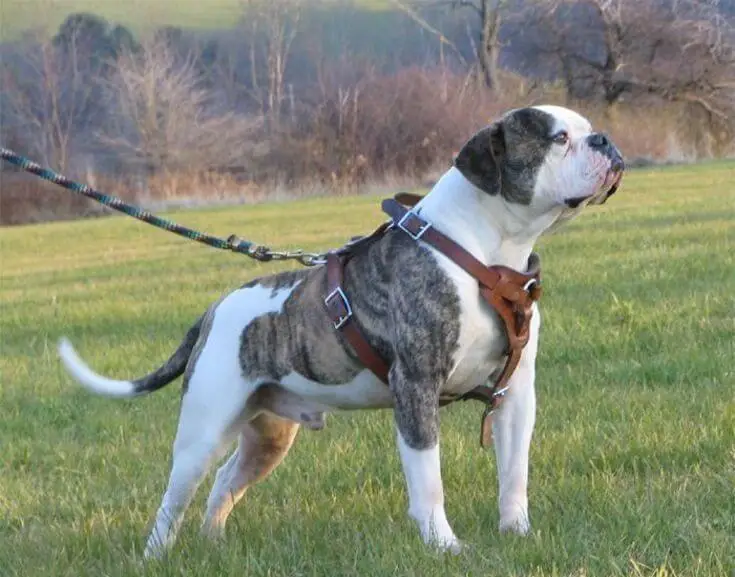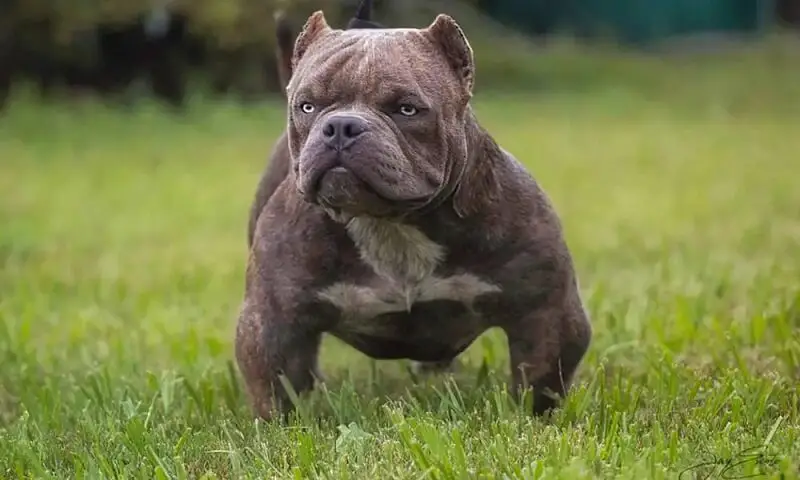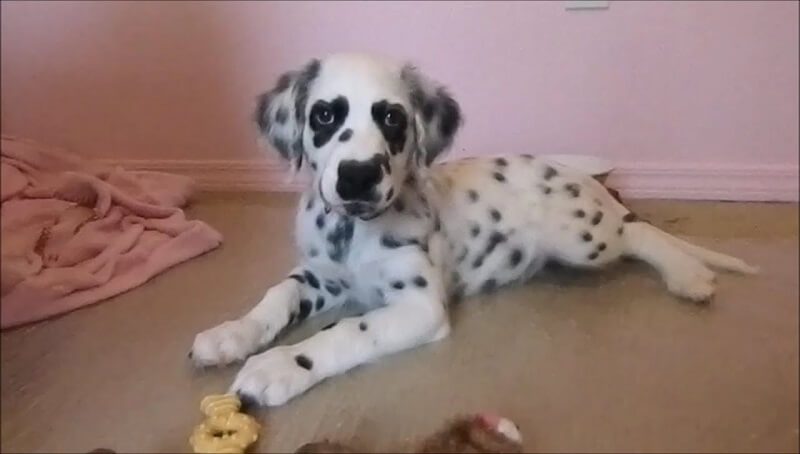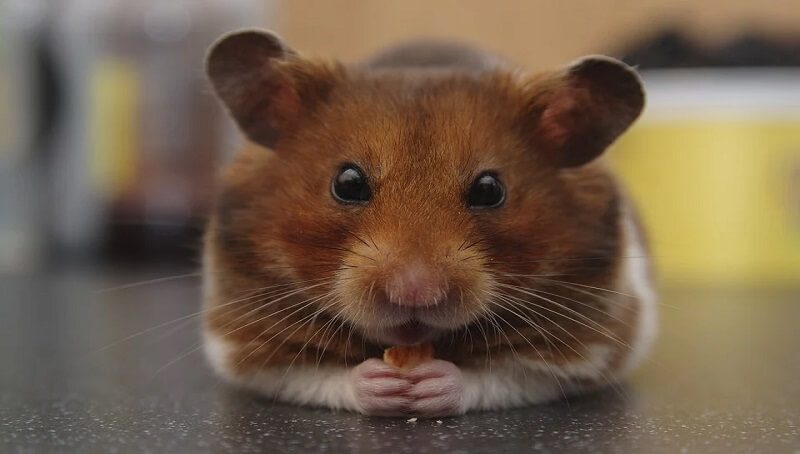Depression in pets is more common than you might think. You should constantly check for signs that your bird might show if it is in its usual state of cheerfulness. Many symptoms of depression can also indicate a disease, so it’s a good idea to visit your vet for a check-up. Learn the little changes that can bring back those happy chirps.
Causes of depression in bird
A bird can become depressed and this situation happens much more often than you might think. Depression in pet birds has a number of causes, both mental and physical. Any disease or recovery from a disease results in the bird being less cheerful. Mental and psychological stresses that can cause your bird to be sad include changing the position of the cage, boredom, the death of a partner, or the loss of a favorite toy. It is very important to notice the changes that occur with depression and to identify the source of this state to bring back the joy of the winged friend.
Symptoms of depression in birds
You should know the usual level of activity and sociability of your bird. Any change can be a sign that the bird is stressed or becomes depressed.
Symptoms of a depressed bird may include:
- Fluttering feathers
- Loss of appetite
- Change of excrement
- Irritability
- Plucking the feathers
- Aggression
- Changing vocalizations
- The constant rocking of the head
Take into account any signs that your bird might show as it could be physically ill and not just sad. In addition to the above, which can also be seen in the case of many diseases, watch out for red, inflamed, or flowing eyes, open mouth breathing, and tail swing.
What to do in case your pet bird is depressed
You might also like my articles about:
- Why is my cat depressed after spay
- Whether birds suffer from down syndrome
- Whether cats can suffer from autism
If you notice that your bird has any of these symptoms, the first thing you should do is schedule a visit to your veterinarian for a full check-up. If your veterinarian finds no medical reason for your bird’s symptoms, depression may be the cause.
You can try these steps to help your bird get out of the mood:
Changing the food in the diet of pet birds with proper and complex nutrition.
Changing the environment, and rearranging the cage and the birdhouse are indicated to be done at least 2 times a year. Keep the cage clean with a new litter daily and clean bowls with food and water. Inadequate mental stimulation is the main cause of depression in pet birds.
Check the position of the cage to make sure it is not in an area that could stress out the bird, such as in a cold space. If possible, move the bird cage to an area of the house where it can see the family, because pet birds are social and like stimulation. If you do not have the expected results, try replacing the cage with a new one and if possible, one that is more spacious.
Make sure you have plenty of safe and fun toys for your bird. It is advisable to make a regular rotation of toys to which the bird has access. Thus, the winged friend will always have something new and interesting to play with and will be kept away from boredom. Give your bird new toys frequently to keep it stimulated.
Make sure your bird also has a lot of “one-on-one” time with you and other family members and that it has adequate time to play outside the cage every day. That walk on your shoulder could make a big difference in the mood of your bird. If you spend time in front of the TV or computer, your bird can watch it with you.
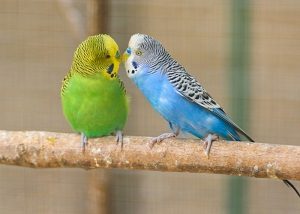
If your bird has suffered the loss of a partner, be a little patient. The bird might be sad and it takes a while to get over a death. If things do not improve in a few weeks, consult your veterinarian.
Consider getting a companion bird if you have only one bird.
Final words!
It is very important that all family members spend time alone with the bird. The winged friend must also enjoy moments spent outside the cage, every day. The moments spent with the pet bird will help strengthen the relationship between the owner and the winged companion, helping it avoid depression.
Depression in companion birds occurs only in individuals who are single or have suffered the loss of a companion, and rarely, in isolated cases in some species following the death of the offspring or the inability to breed.
